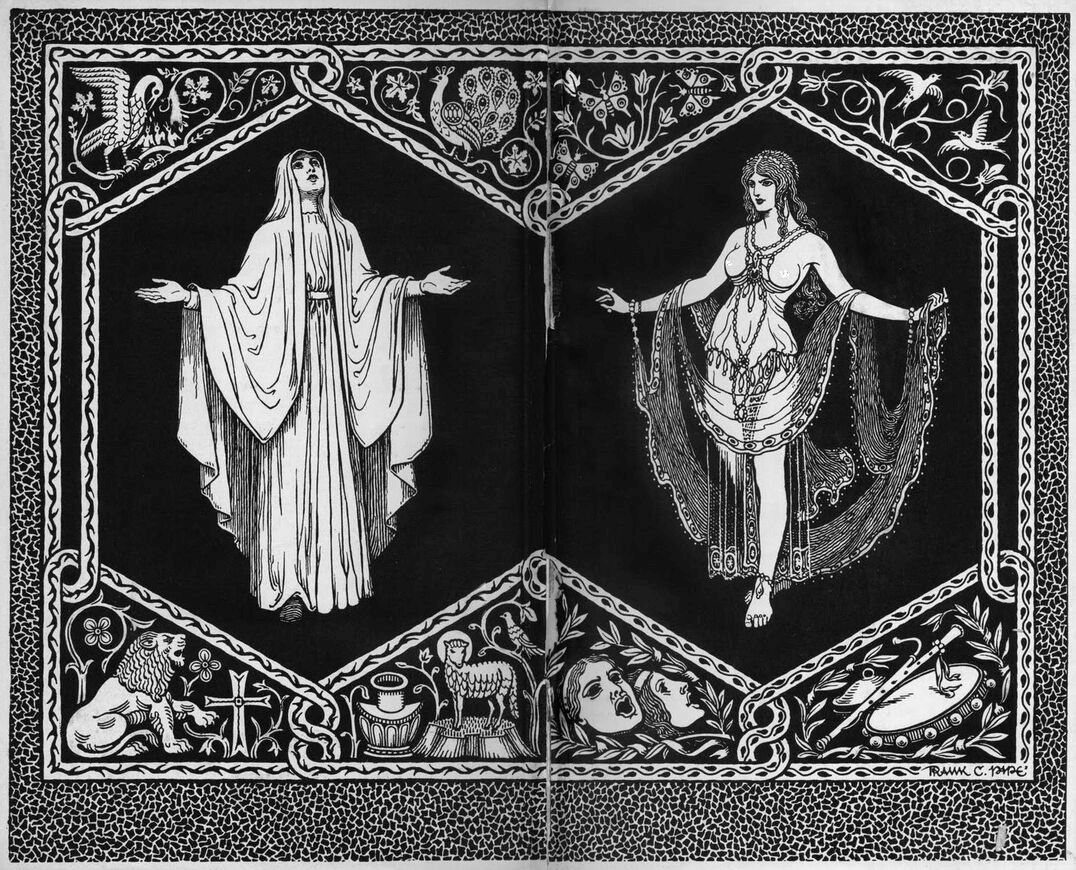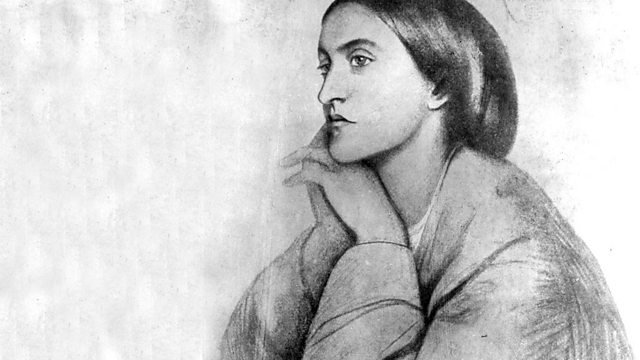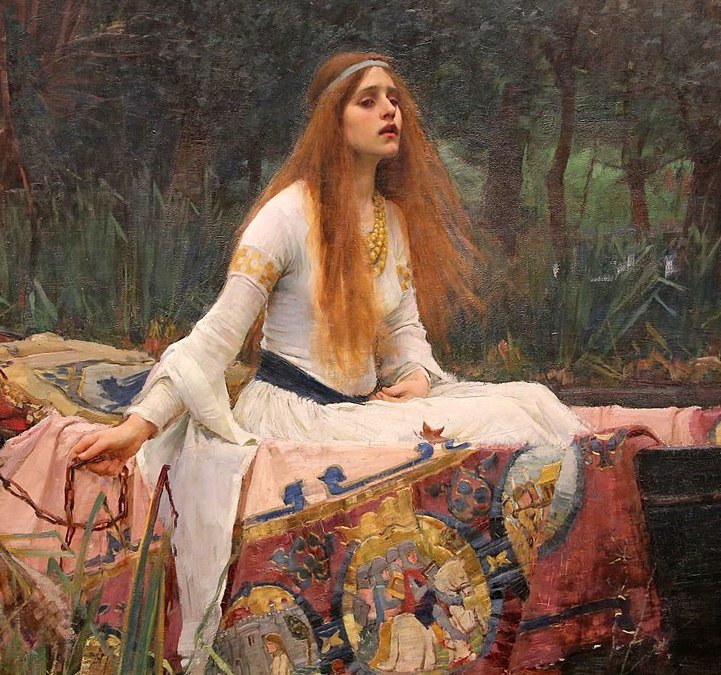By Maria-Nefeli Andredaki,
As we all know already, Victorian women of the 19th century were associated with the private sphere. The standard for femininity of that time was defined by submissiveness, affection and devotion to the family, lack of sexual desires, dependence and servitude to the husband or father. The stereotypes that were often thrust upon and constricted the women of that time were, among others, the Madonna/whore dichotomy- meaning that women were either “good” and pure or “bad” and promiscuous- as well as the “Angel in the House” trope, the one where the wife was this sexless, voiceless object, responsible for the well-being of every other member of the household. And these restrictive, narrow views that plagued women of the Victorian era are often reflected in the literary works of that time, especially poetry.
Gabriel Dante Rossetti, William Wordsworth and Gerard Manley Hopkins are just few of the male poets who depicted their female characters in a stereotypical manner; sometimes by silencing and objectifying them, other times by patronizing and speaking for them. And how else should they depict them, when the male-dominated Victorian world deemed women as a child-bearing-and-raising machine, an endless pit of nurture and subservience, useless and absurd in existing in the public sphere, completely alien to the outside world?

Well, leave it to the Victorian ladies to make waves and demolish the expectations that rendered them solely capable for the household chores. Starting off with one of the brightest, most important poets of the Romantic and Victorian period, Elizabeth Barrett Browning was never afraid to speak up for the causes she cared about, including the issue of child labor. Her epic poem “Aurora Leigh”, consisting of nine books, guides us through the journey of a young girl from childhood to adulthood and all the challenges she faces due to her gender. Just to name a few, Aurora’s aunt and legal guardian would emotionally abuse and steer her “education” towards “womanly” subjects and activities, that were only useful in entertaining a future husband. Aurora seems to realize from a young age that such an education is implemented to stunt women’s intellectual growth, which was a controversial stance for that time. When her cousin Romney diminishes her role as a writer and asks for her hand in marriage, she fiercely rejects him and moves away to pursue her dreams, choosing her autonomy outside of a loveless, unequal marriage. Along with the main heroine, “Aurora Leigh” depicts another groundbreaking female character by the name of Marian Erle. Marian’s story is essential in deconstructing the Madonna/whore complex and humanizing women, since it is a story of sexual assault, unwanted pregnancy and doing everything you can to take back your power and fate. Marian refuses to be ostracized, to be blamed for the violence she endured, to be painted as the “fallen”, “promiscuous” woman that Victorian society wants to view her as, and that was unheard of at that time.

Another well-known Victorian poet that successfully subverts gender stereotypes is Christina Rossetti. In her poem “After Death” the poetic subject, which is thought to be the poet herself, lies on a bed seemingly unconscious, with her lover above her lamenting her death. The poetic subject however is fully aware of her surroundings and the role she has to perform as a woman; she stays silent and obedient under the gaze of the man who thinks she cannot see or hear him. This situation attests to the Victorian female experience, the one where the wife/mother consciously performed her role in the house, not because of stupidity or lack of knowledge, but because of her limited means, her need to survive within her social restrictions. In another one of her many poems called “No. Thank you, John”, the poetic subject is strong and decisive, unafraid to reject and, quite frankly, put her persistent suitor who will not accept her rejection on blast. His incessant courting makes the poetic subject ridicule his intellect while also refusing to take the blame for his romantic interest in her. In a world where the woman is seen as the seductress, the fallen one who leads men to temptation, it is a quite striking and inspiring view of the process and consequences of courting for Victorian women.
Though feminism, as we know and recognize today, had not yet taken root, there were female artists who refused to abide by the rigid rules that society imposed on them and, in their own way and voice, manage to speak up. We can infer that these women gave a light of hope for whoever was in their shoes and it’s important that they are appreciated for their contribution.




